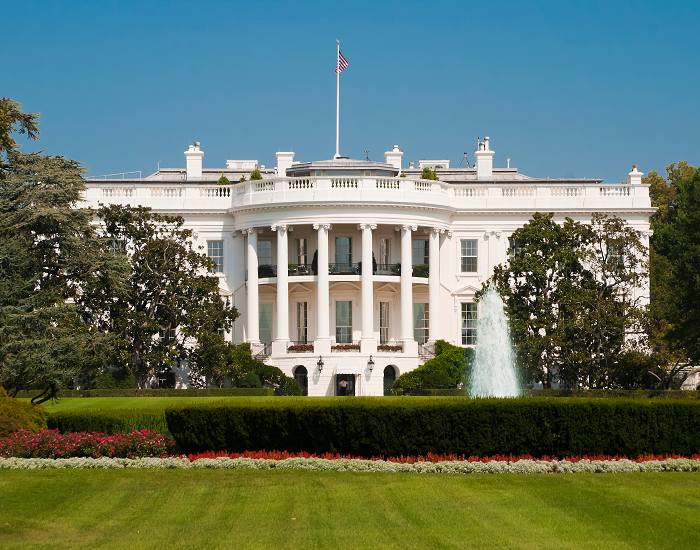
May 31, 2023
Choice Reconsidered
Discussions of school choice frequently fall into familiar morality plays: Either you’re for empowering parents or supporting public education. The resulting debate manages to miss much of what matters. It ignores that all kinds of choices are hard-wired into American public education. It skips past the fact that the affluent already choose schools when purchasing homes, so…

May 31, 2023
Ending the Small Checks Scam
It’s no secret that strengthening work requirements for key welfare benefits has been a flashpoint in the debt limit negotiations. House Republicans, led by Speaker Kevin McCarthy (R-CA), insisted on including stronger work requirements in any agreement that raises the debt limit. Meanwhile President Joe Biden vacillated. At first, he noted his past support for work requirements and seemed open…
May 31, 2023
Children Are Dead Because Activists Say It’s Racist for ACS to Act
When a child is found dead with bruises on her wrists and torso, the first question is always: Were there warning signs? In the case of 6-year-old Jalayah Eason, the answer is undoubtedly yes. It wasn’t just the upstairs neighbor who heard the child “screaming for her dear life” and yelling, “Stop, stop, stop!” Who told…

May 31, 2023
Sending the Wrong Signals
The New York City Council has added another misguided new progressive policy to those, like bail reform and safe drug-injection sites, that make life worse for the poor in the name of helping them. By a vote of 41 to seven—and in the face of Mayor Eric Adams’s opposition—the council voted last week to pass…

May 30, 2023
Two Sentences Will Strengthen SNAP’s Support for Work
The debt ceiling deal, agreed to by President Joe Biden and Speaker Kevin McCarthy, will improve the federal safety net’s effectiveness in helping people rise out of poverty. It modestly enhances work requirements to Temporary Assistance for Needy Families (TANF), which is federal cash welfare, and the Supplemental Nutrition Assistance Program (SNAP), better known as…

May 30, 2023
Interest in Democratic Values is High Outside Urban Cores
With the COVID-19 pandemic declared over, a significant question for politicians, planners, and pundits alike is what to do with city centers and old urban cores after the pandemic pushed many Americans to move away from dense urban areas. For many, the central city remains an idealized version of spatial organization, serving as an engine of…

May 30, 2023
Parenting While High
Last month, Albuquerque police launched an investigation into how they handled the case of a seven-month-old baby who died in 2022 of asphyxiation. The death was ruled accidental—the child fell between a couch and a windowsill—even though he also had methamphetamines in his system. Three other children in the home also tested positive within a few days,…

May 27, 2023
How Newborns Are Becoming Victims of Legalized Marijuana Use
The Administration for Children’s Services has engaged in “pervasive discriminatory practices,” according to a lawsuit filed by Chanetto Rivers in federal court last week. Rivers, who is black, claims that the Administration for Children’s Services (ACS) removed her newborn baby from her custody as part of the agency’s “disparate treatment of Black families” which “cause[s]…

May 26, 2023
The Power of the Success Sequence
Introduction The “Success Sequence,” a formula to help young adults succeed in America, has been discussed widely in recent years, including by Brookings Institution scholars Ron Haskins and Isabel Sawhill. The formula involves three steps: get at least a high school education, work full time, and marry before having children. Among Millennials who followed this…

May 26, 2023
The Size and Census Coverage of the U.S. Homeless Population
Abstract Fundamental questions about the size and characteristics of the homeless population are unresolved because it is unclear whether existing data are sufficiently complete and reliable. We examine these questions and the coverage of new microdata sources that are designed to be nationally representative. We compare two restricted data sources largely unused to study homelessness,…